Industrial Electrical Maintenance: Importance & Potential Hazards
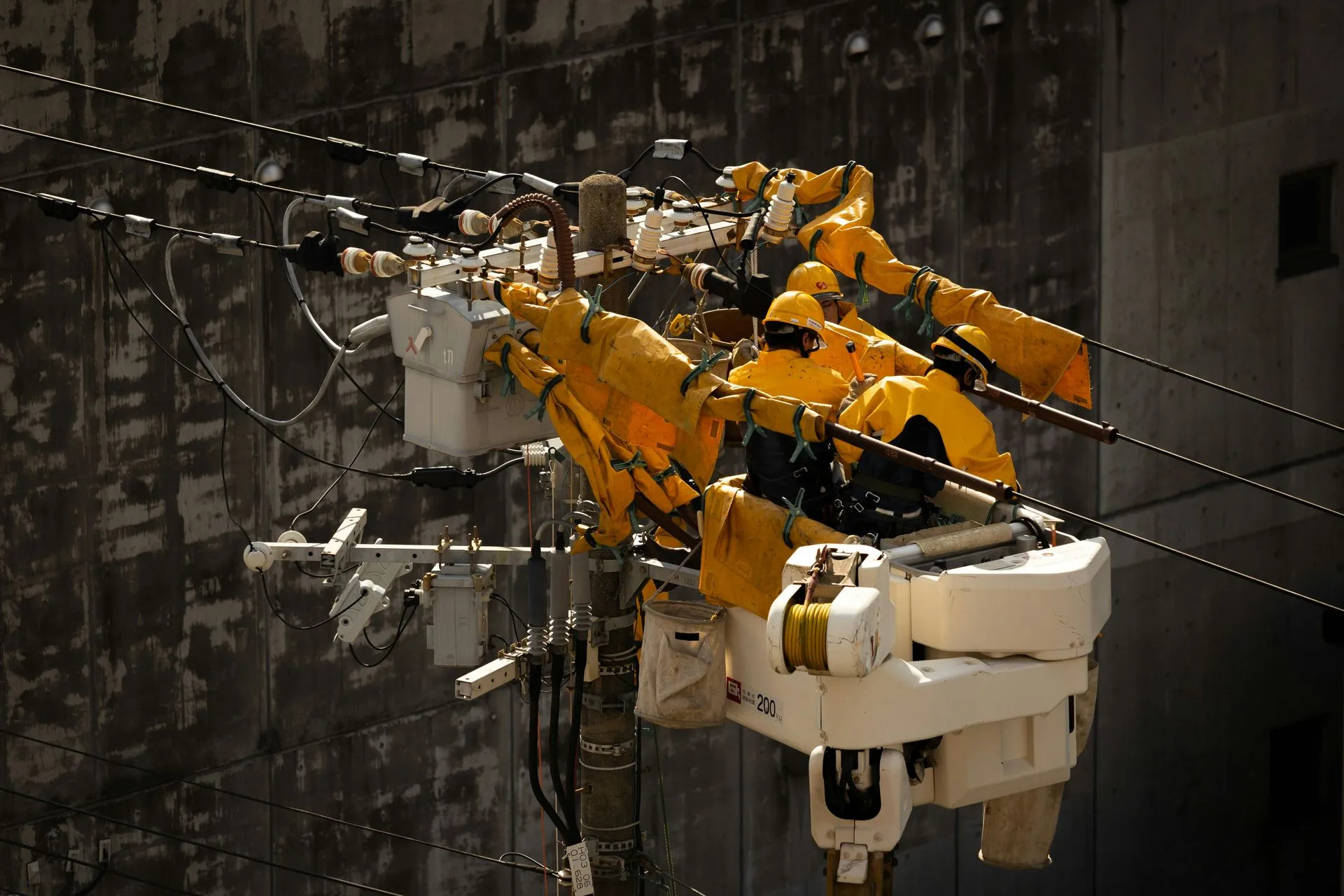
In industrial settings, the reliability of electrical systems is vital to maintaining productivity, safety, and operational efficiency. Electrical systems are the lifeblood of modern manufacturing plants, oil and gas facilities, and countless other industries. However, these systems can deteriorate without regular maintenance, leading to costly downtime, equipment damage, and safety risks.
For plant managers and business owners, implementing a robust electrical maintenance program is not just about preventing minor inconveniences—it’s about ensuring long-term reliability, reducing potential hazards, and optimizing the lifespan of critical assets.
Why Regular Electrical Maintenance is Essential
Industrial electrical systems are intricate, with hundreds of components working together to power machinery, lighting, control systems, and other essential equipment. Over time, these systems can experience wear and tear, leading to inefficiencies or outright failures. Regular maintenance plays a crucial role in addressing potential issues before they escalate.
Here are some of the most significant reasons why routine electrical maintenance is crucial in industrial settings:
Preventing Downtime
Unplanned downtime can cripple an industrial operation, leading to missed production targets, lost revenue, and operational inefficiencies. Electrical failures are one of the most common causes of downtime and often strike without warning. Routine inspections and testing of electrical components, including wiring, switchgear, and transformers, can identify signs of wear or impending failure. By catching these issues early, maintenance teams can address them before they result in costly shutdowns.
Ensuring Safety
Electrical hazards are a leading cause of workplace accidents in industrial environments. These hazards range from electrical shocks and burns to more catastrophic events like fires or explosions caused by arc flashes or short circuits. Regular maintenance helps identify potentially dangerous conditions, such as exposed wiring, overheating components, or faulty equipment, which can lead to safety incidents. By keeping systems in optimal working condition, the risk of accidents is significantly reduced, ensuring the safety of both workers and equipment.
Improving Energy Efficiency
A well-maintained electrical system operates more efficiently, reducing energy waste and lowering utility costs. Over time, electrical components can degrade, leading to inefficiencies like voltage drops, excess heat generation, and higher energy consumption. Regular maintenance helps optimize the system, ensuring it runs as efficiently as possible. This can directly impact reducing operating costs, especially in energy-intensive industries.
Extending Equipment Lifespan
Electrical systems and machinery represent significant capital investments for industrial businesses. These systems can deteriorate quickly without proper maintenance, leading to premature failures and costly repairs or replacements. A proactive maintenance approach ensures that electrical components last longer, maximizing the return on investment for expensive equipment. By extending the lifespan of critical assets, businesses can save money and reduce the frequency of equipment upgrades.
Potential Hazards of Neglecting Electrical Maintenance
Failing to perform regular maintenance on industrial electrical systems can lead to dangerous and costly issues. Understanding these risks underscores the importance of prioritizing routine inspections and upkeep.
Arc Flashes
One of the most dangerous electrical hazards in industrial environments is the arc flash, an explosion caused by an electrical fault that releases intense heat, light, and pressure. Arc flashes can occur when electrical equipment is improperly maintained, particularly when insulation deteriorates or connections become loose. These events can result in severe injuries to workers and extensive damage to equipment, making regular maintenance crucial in preventing arc flash incidents.
Short Circuits
Short circuits occur when electrical current flows along an unintended path, bypassing the expected load and creating excessive heat. This can happen due to damaged wiring, faulty components, or moisture ingress. Short circuits can cause electrical fires, equipment damage, or even system-wide blackouts. Regular inspections help detect conditions that could lead to a short circuit, allowing for timely repairs.
Overheating and Electrical Fires
Electrical systems generate heat as a natural byproduct of their operation, but excessive heat can signal trouble. Loose connections, overloaded circuits, or aging components can cause overheating, which, if left unchecked, may result in electrical fires. Regular thermal imaging and inspections can identify hot spots before they become dangerous, reducing the fire risk.
Equipment Malfunctions
When electrical systems are not properly maintained, they can malfunction, causing equipment to fail. This can result in damaged machinery, defective products, or production delays. Electrical faults can also trigger false alarms, disrupting operations and creating a sense of uncertainty in the facility. Regular maintenance ensures systems function as intended, reducing the likelihood of malfunctions and production disruptions.
Best Practices for Industrial Electrical Maintenance
Several best practices should be followed by industrial businesses to mitigate potential hazards and optimize the performance of electrical systems. By adopting these strategies, plant managers and business owners can ensure that their electrical infrastructure remains reliable and safe.
Routine Inspections
Scheduling routine inspections is one of the most effective ways to prevent electrical failures. These inspections should thoroughly review wiring, panels, transformers, and other critical components. Using tools like infrared thermography, maintenance teams can detect overheating or other signs of trouble that might not be visible to the naked eye. Regular visual inspections can also help identify any physical damage or signs of wear that need attention.
Preventive Maintenance
Preventive maintenance focuses on addressing potential problems before they cause downtime or damage. This can involve cleaning electrical panels, tightening connections, and replacing worn-out components. Preventive maintenance schedules should be based on manufacturer recommendations and the specific conditions of the industrial environment.
Predictive Maintenance
While preventive maintenance is scheduled based on time intervals, predictive maintenance relies on real-time data to determine when maintenance is needed. Using technologies like sensors and monitoring systems, plant managers can track the condition of electrical equipment in real-time. This allows them to predict when a component will likely fail, enabling maintenance teams to address the issue before it disrupts operations.
Operator Training
It is essential to regularly train operators and maintenance personnel on the proper use and upkeep of electrical systems. Workers should be familiar with safety procedures, including lockout/tagout protocols, to ensure that electrical systems are de-energized before maintenance work begins. Well-trained staff are better equipped to identify potential issues and take corrective action before problems escalate.
Documentation and Record Keeping
Keeping detailed records of all electrical maintenance activities is essential for tracking system health and ensuring compliance with industry standards. Maintenance logs should include information on inspections, repairs, replacements, and testing. This documentation can help identify recurring issues and improve future maintenance efforts.
Regular industrial electrical maintenance is critical for maintaining operational efficiency, ensuring safety, and preventing costly downtime. A proactive maintenance program has clear benefits, from preventing arc flashes and short circuits to extending equipment lifespans. For plant managers and business owners, prioritizing electrical system upkeep is an intelligent investment that protects personnel and equipment.
Consider developing a comprehensive electrical maintenance plan tailored to your specific industrial needs to safeguard your facility from potential electrical hazards and keep your systems running smoothly. Partnering with experienced professionals can help ensure that your electrical infrastructure is maintained to the highest standards, keeping your operations safe, efficient, and productive.
Newsletter
Don't miss a thing!
Sign up to receive daily news
Recent Posts
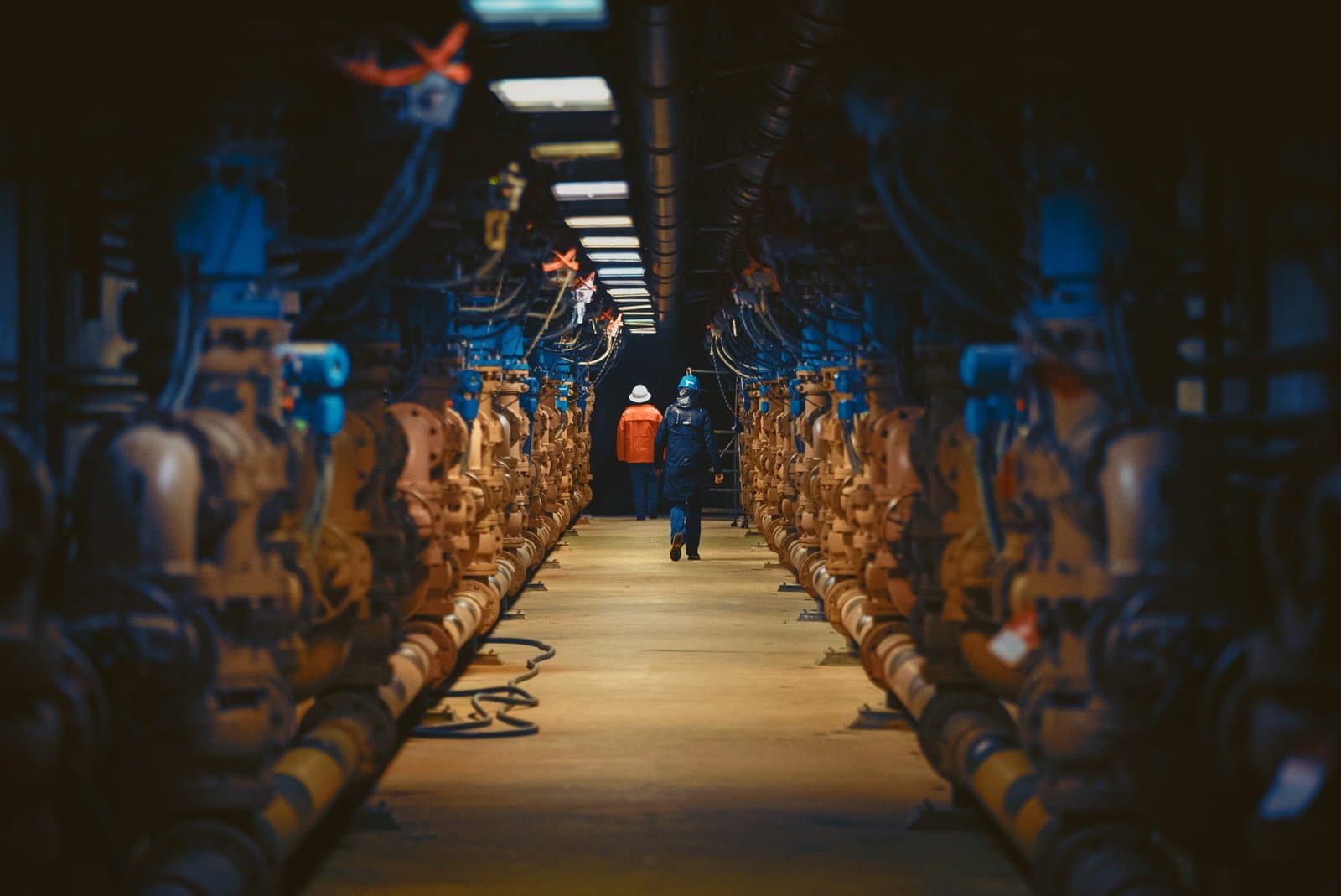
august 30, 2025
Decommissioning a Facility: How to Turn It into a Profitable Venture
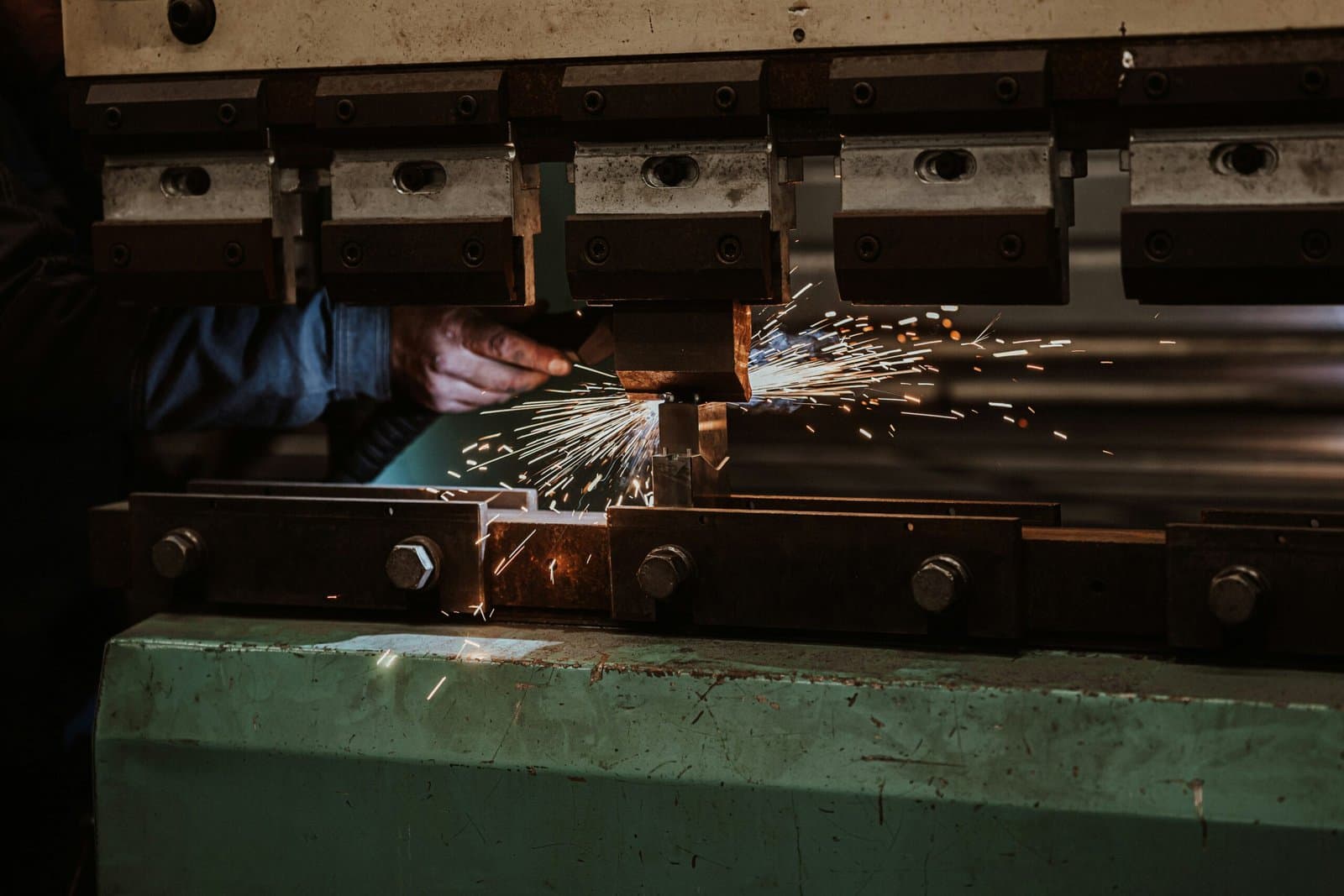
august 25, 2025
Hydraulic Press Maintenance 101
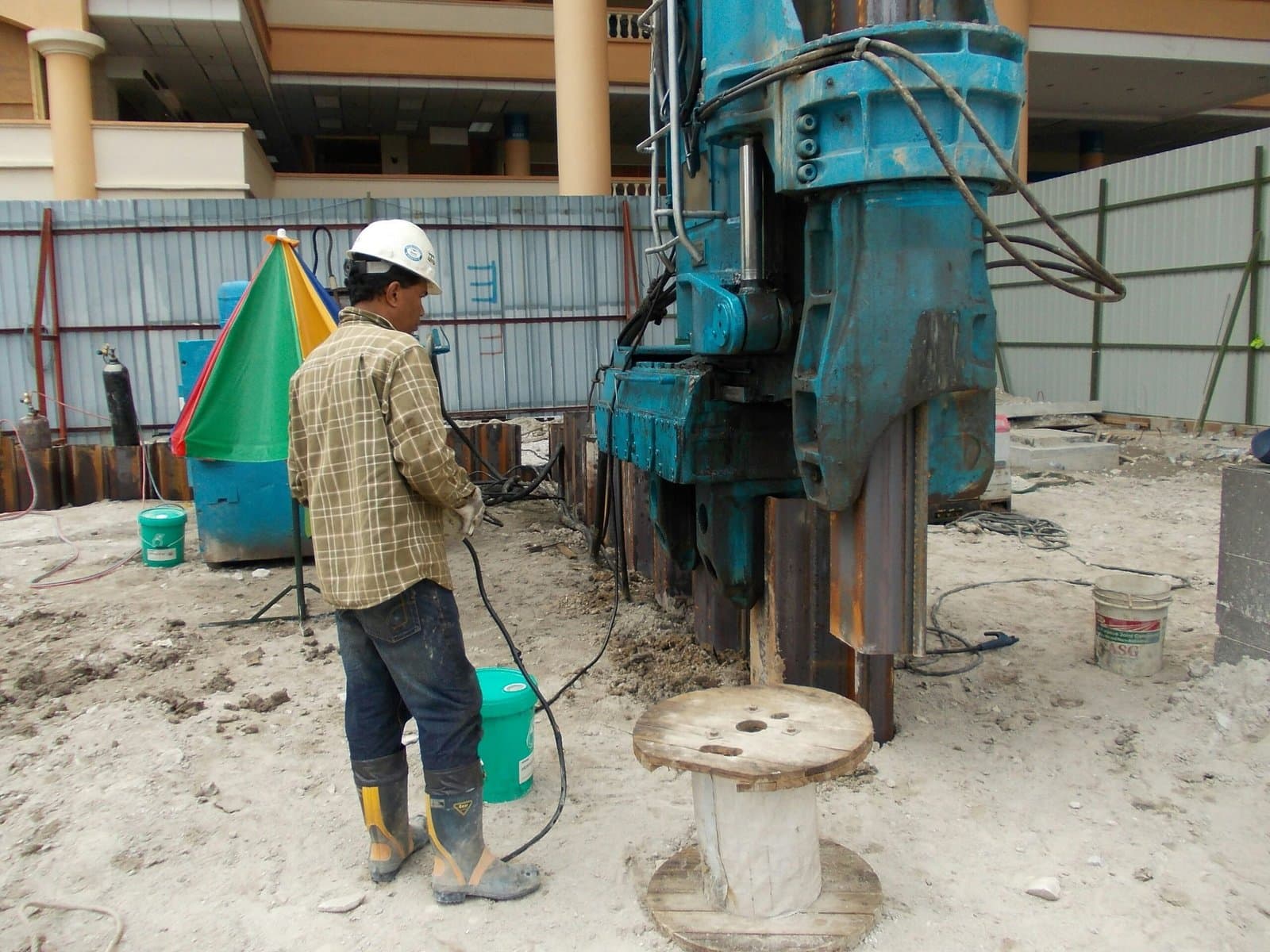
august 18, 2025
Rigging Machinery: The Challenge of Moving and Installing Outdated vs. Modern Equipment
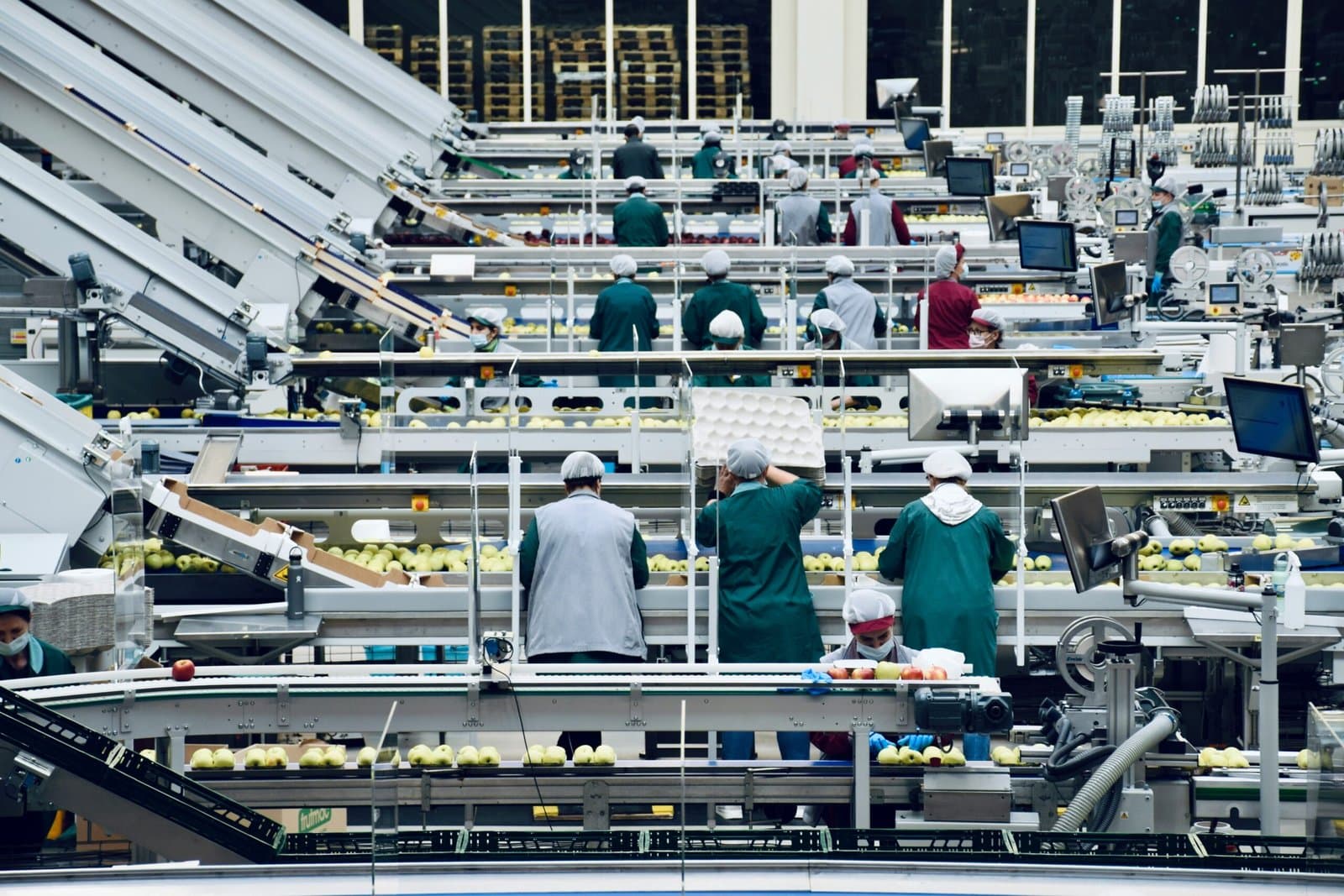
august 16, 2025
Conveyor System Maintenance: 5 Early Warning Signs of Failure
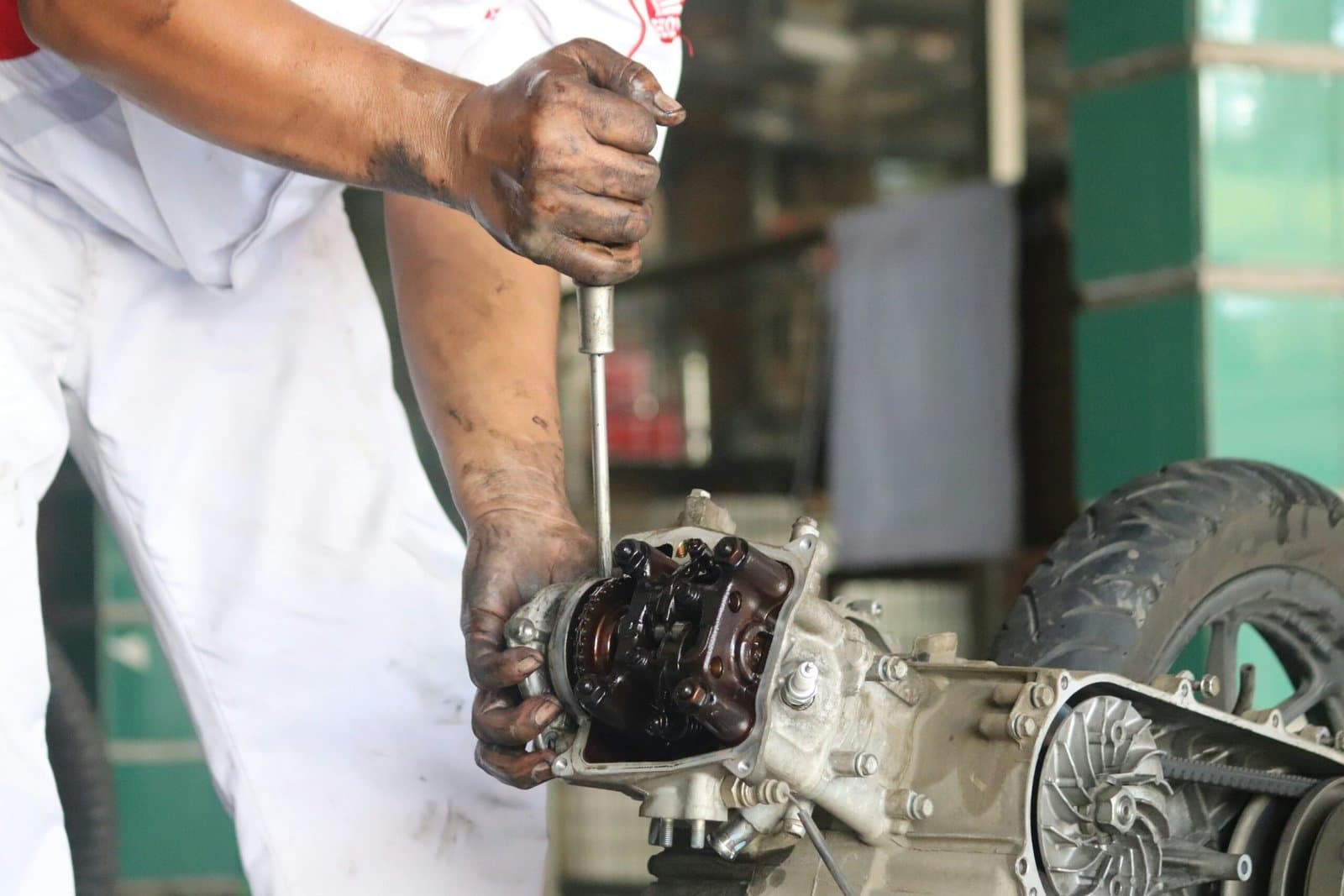
august 14, 2025
Predictive Maintenance: The Smarter Alternative to Costly Reactive Repairs
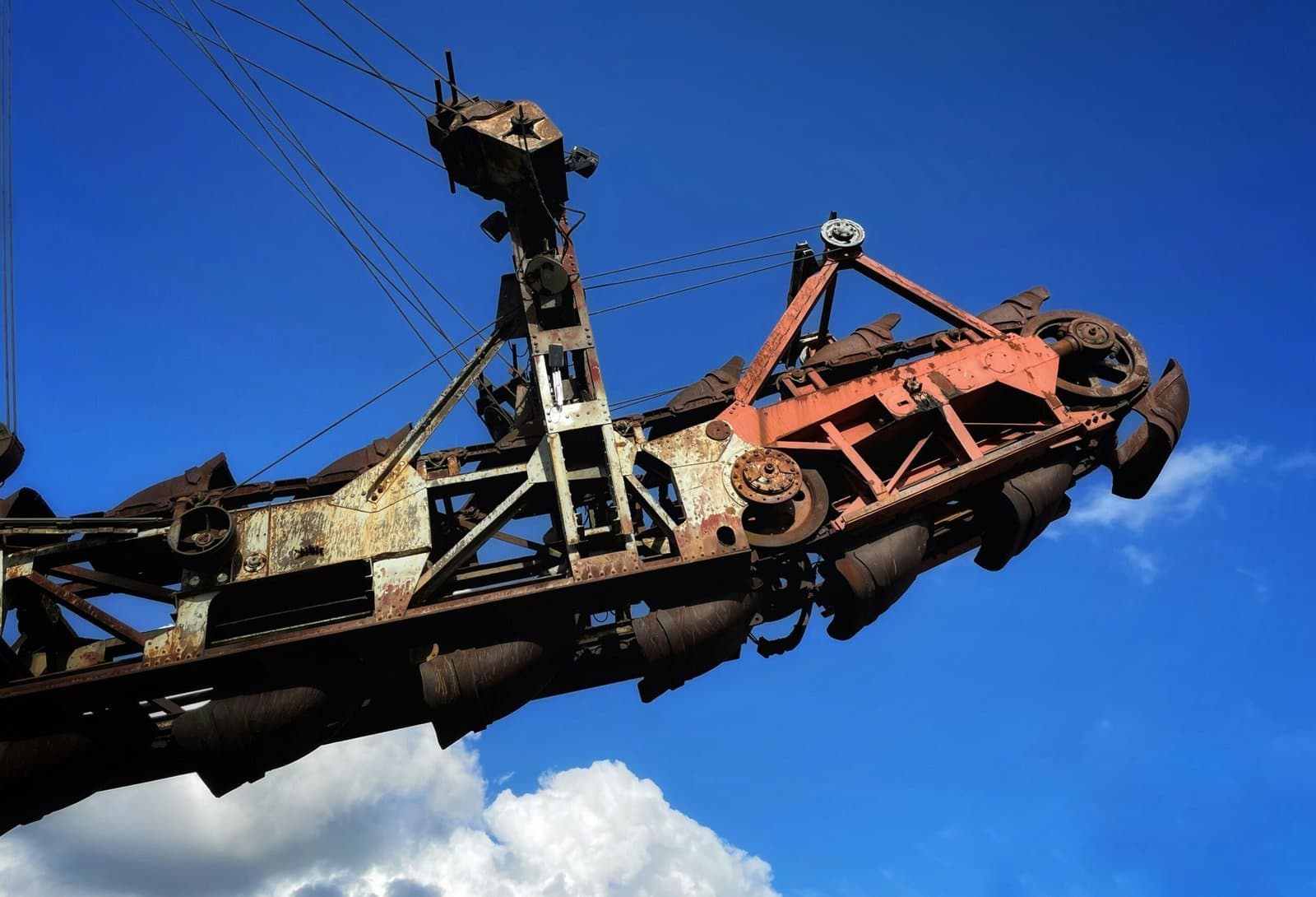
august 11, 2025